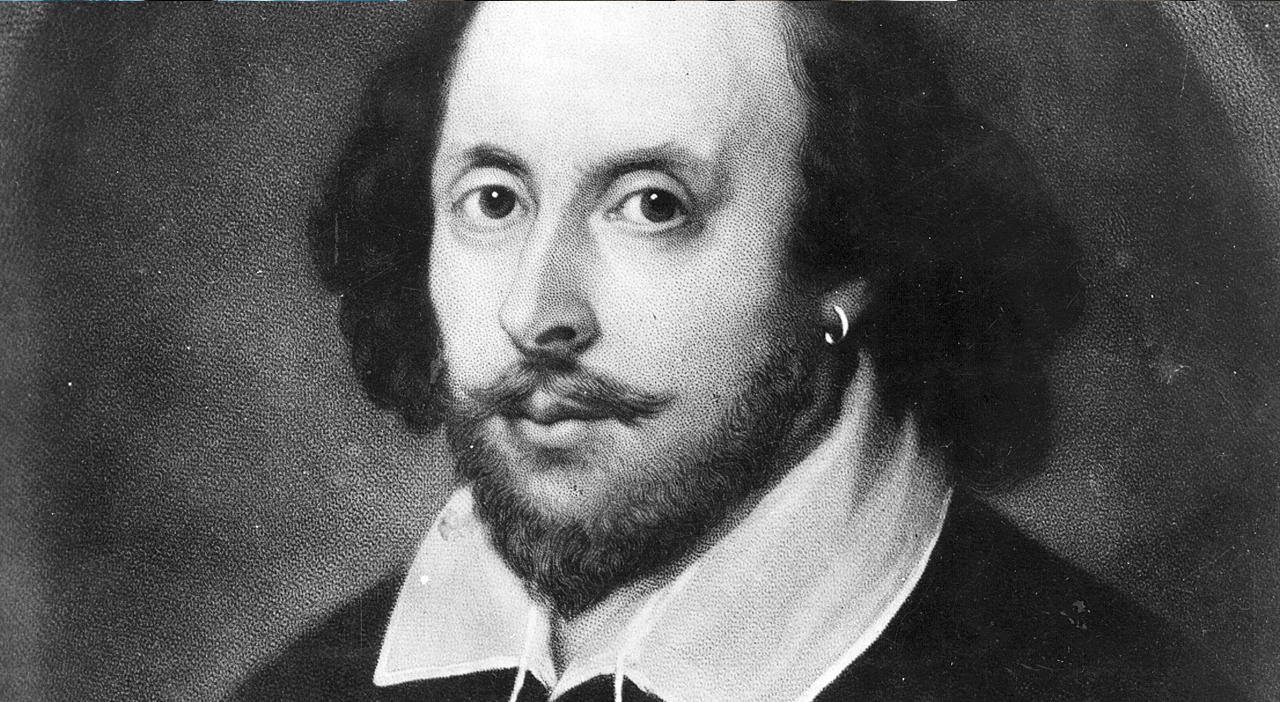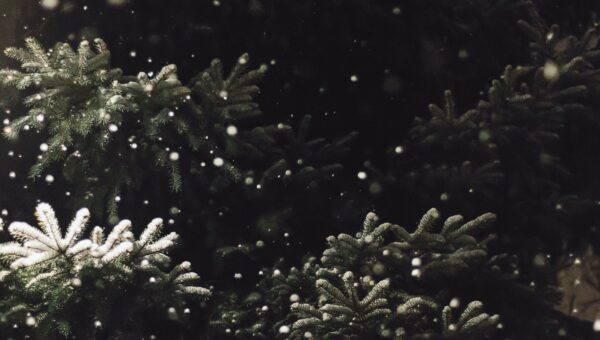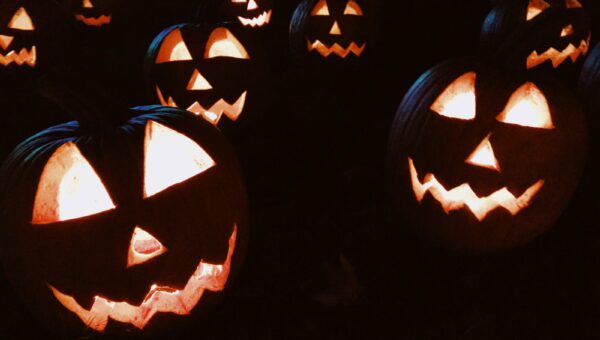Wherever there is language, there is slang. Given the soft-science nature of linguistics, there is no one generally agreed definition of slang, but that doesn’t mean that we can’t come to understand it a little better. Most linguists would agree that slang constitutes language which is spoken in private, as it is often unsuitable for use in public or in large groups. There is also a way in which the use of slang allows for an increased sense of social cohesion within a particular community. For that reason, some of the quickest evolving periods in slang result from less favourable periods of history, those in which certain peoples are socially downtrodden. But slang evolves in a number of ways and as a result of many influences, and nowhere is this clearer than in the evolution of British slang in the 21st Century.
Where Did It All Come From?
To give a precise date for the birth of British slang would be nonsense, an educated guess at best. But we can somewhat chart the history of slang in British usage fairly far back, and doing so can help us to understand the way in which slang developed in the 20th century, and the influences which are still driving the changes in slang to this very day. To be able to do that, it helps if we start with the Middle Ages, as the records from this time can be particularly enlightening.
But First – A Difficulty
When looking at such records, there is a major difficulty which we run into every time. Records from the Middle Ages and earlier tend to almost always have been kept by those in positions of relative power and social status, especially in those eras when reading and writing were still relatively rare skills to have. When it comes to looking at the history of slang, of course, this poses a real problem. This is because slang itself is more often than not the birthright of those strata of society who were unlikely to have the ability to make records. The serfs did not produce records as the landowners did, but we can be sure that the serfs were the ones with the most diverse and, probably, the most fascinating slang words and phrases. Nonetheless, there are some records, and we can use them to discern a kind of early history of the evolution of British slang – a history which will aid us when we come to look at the 20th and 21st centuries respectively.
So What Slang Did They Have?
As it happens, even with the difficulty of record-keeping, we do have a record of a huge number of slang words used in those times. An acclumsid was the term for a fool; if you were agauw it meant that you were shocked beyond belief; and a bugle-beard was not the kind of fellow you would want to cross in a dark alleyway. Even this small selection of ancient slang words throws up something quite interesting about slanging which might prove to be universal: more often than not, slang words evolve around those people and situations which are more unpleasant than pleasant. Is this a trend which continues throughout time?
The Birth Of Modern Slang
To really understand 21st century slang, we can’t just jump straight from the medieval period to present day. We will need to look briefly at how modern slang came into being, and for that – as for much else in the English language – we have Shakespeare to thank. Shakespeare invented a great many words which we now use in everyday speech – bedroom, for example – but many of them would have been considered slang first and foremost. This is because slang is always language which is not yet in general usage. Once it is, it might be said to no longer be slang at all. Move on a few hundred years, and with the rise of the English novel we also have the increased spread of whatever slang might be in usage. It is with this that we really start to see the use of British slang spreading far and wide. Next stop: the Internet.
The 21st Century
By the beginning of this century, we had already inherited a great many slang words, as well as done away with many. The rise of the Internet has done more than anything since the printing press to help slang evolve even more, and it has meant a particularly prosperous period for British slang. Let’s take a look at some of the more recent words to have joined the party.
● If you are devastated at the result of a football game, you might well be gutted, an interesting word with roots in the darker side of medicine and surgery. Slang often makes use of such topics, and today the tradition remains.
● To lose the plot is, obviously enough, to fail to grasp the meaning of something – but as often happens, it has evolved to be more applicable to someone who appears to be lacking in mental capacity.
● It’s not just a picture frame that can be wonky; many English language speakers will understand this to mean that something is not quite right, even if it is a person or a state of mind.
● Have you ever skived? This term, meaning to laze around or avoid work or school, is one which appears resolute to stick around for good.
● Class is always a big social issue in Britain – and big social issues tend to become fertile ground for slang to develop on both sides. So it’s hardly surprising that a posh individual might be termed a toff.
● Knackered? This slang – with rude origins – means to be tired beyond belief.
● Mate, pal, chum, buddy, dude, homie – all still widely used British terms for friend, and unlikely to die out any time soon.
● Omnishambles – sometimes the best slang comes from melding two previous slang words. This is a great example of a very recent slang word to gain wide popularity.
It is clear just from a brief perusal of current slang that it continues to evolve at a fascinating pace. The Internet helps this pace, but let’s not forget that the true place where slang is born is still where it all begins today. It is in impoverished or misunderstood groups of people, who use language as a means of bonding, forming social cohesion and ultimately making sense of the world around them. British slang is as vibrant and proud today as ever.





